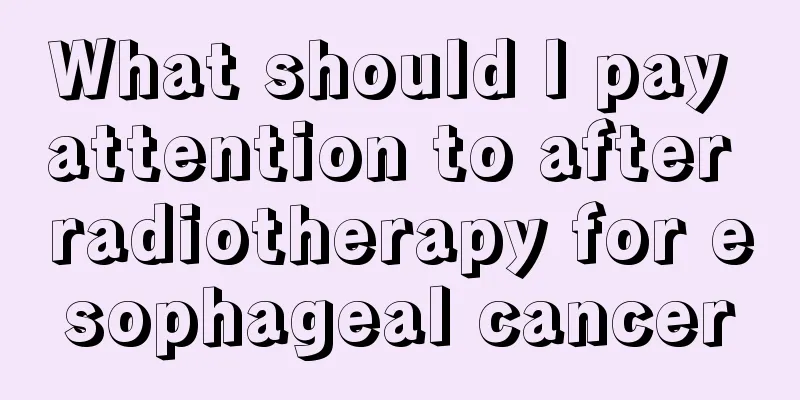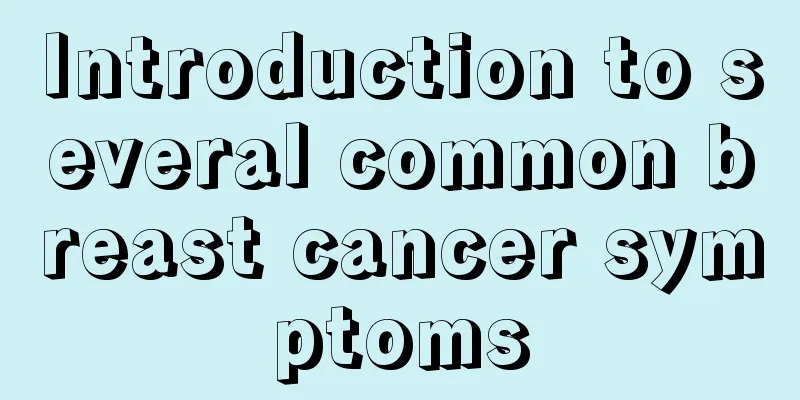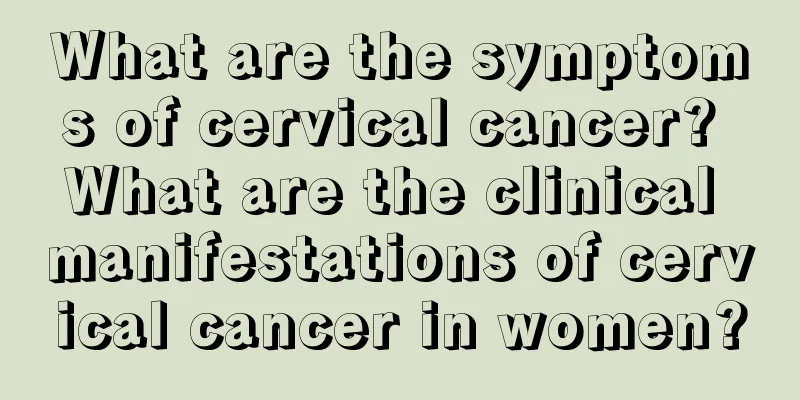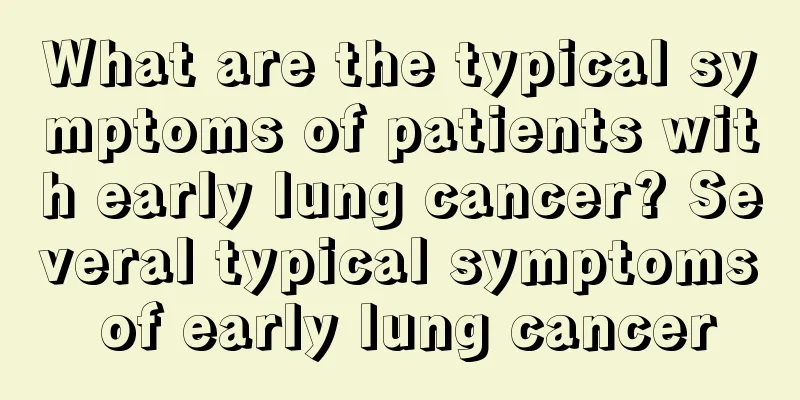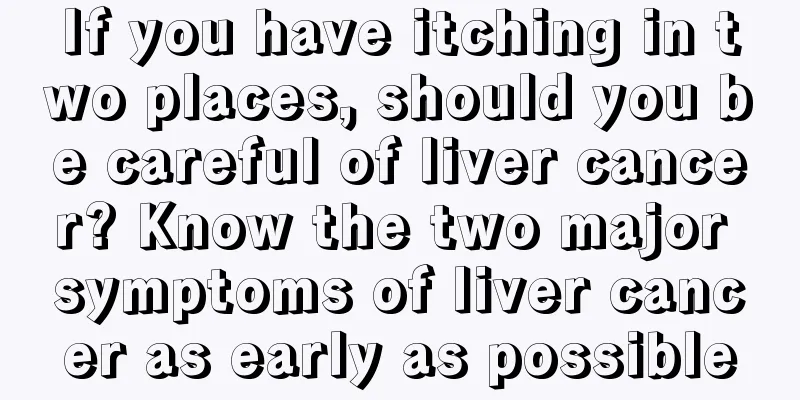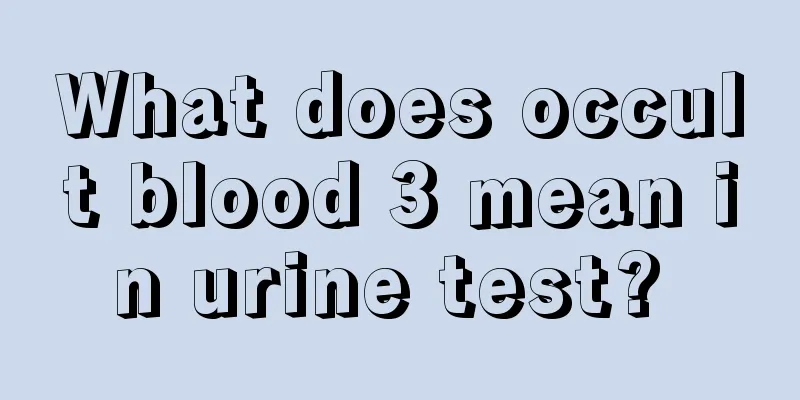Diffuse glioma
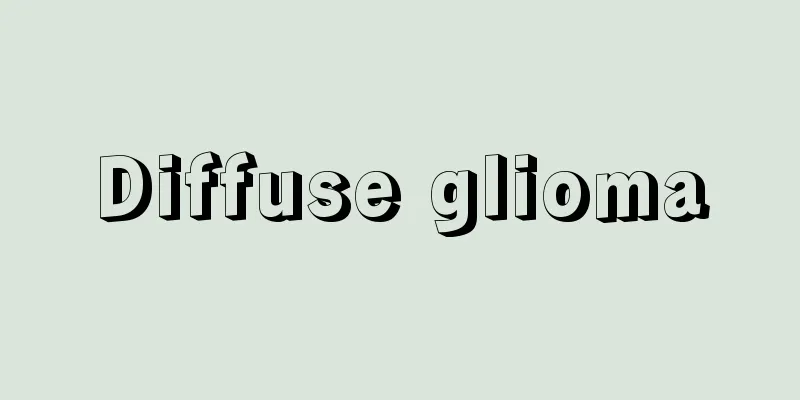
|
Glioma is a common problem that occurs in people's brains, posing a great threat to people's brain safety. There are many types of gliomas, the most common of which is diffuse glioma, also known as diffuse astrocytoma. It is a relatively common clinical central nervous system disease. It has a great impact on people's physical condition, especially the safety of the nervous system. After this diffuse glioma occurs, what measures should be taken to avoid the harm caused by it in daily life? 1. What is diffuse brain glioma? Gliomatosis cerebri (GC), also known as diffuse astrocytoma, diffuse brain glioma, etc., is a rare clinical tumor disease of the central nervous system. The disease is characterized by infiltrative or multiple growth of lesions involving two or more cerebral lobes. The 2007 WHO classification of central nervous system tumors classified it as an astrocytic tumor among neuroepithelial tissue tumors, with a malignancy of grade 3. 2. Clinical manifestations The clinical manifestations of GC are non-specific, generally with a subacute onset and progressive worsening. The clinical manifestations are progressive increase in intracranial pressure and recurrent epileptic seizures, accompanied by varying degrees of intellectual and mental disorders. The common symptoms are: corticospinal tract involvement accounts for 58%, mental retardation or dementia accounts for 44%, headache accounts for 39%, epileptic seizure accounts for 38%, cranial nerve damage accounts for 37%, increased intracranial pressure accounts for 34%, and cerebrospinal fluid involvement accounts for 33%. Treatment There is currently no specific and effective treatment and it is still in the exploratory stage. Basic treatment includes surgery, radiation therapy, and chemotherapy. Because the lesion is extensive, it is difficult to completely remove it surgically. If conditions permit, the lesion should be removed to the maximum extent possible while preserving neurological function to achieve the goal of clarifying the pathology and relieving intracranial pressure. At the same time, the total number of tumor cells is reduced, which helps to improve the efficacy of radiotherapy. Shunt surgery can also be performed for patients with lesions involving the brainstem and cerebral aqueduct obstruction. Radiation therapy may also temporarily relieve symptoms. The disease is progressive and most patients die within 2 years. Some scholars advocate that radiotherapy and chemotherapy should be performed once the diagnosis is clear. Chemotherapy is helpful for some patients with brain glioma. Compared with procarbazine + chlorambucil + vincristine (PCV), temozolomide is more acceptable and more valuable, especially for slowly developing, low-grade GC. |
<<: Do I need to extract wisdom teeth to correct my teeth?
>>: Left ethmoid sinus osteoma
Recommend
How to clean calculus on teeth
Teeth are a very important part of people's b...
What are the symptoms of pancreatic cancer in the late stage
If the early symptoms of pancreatic cancer are no...
What are the inducing factors of cervical degenerative changes
Poor sleeping posture, bad entertainment habits, ...
Will frequent masturbation cause prostate cancer?
In clinical practice, masturbation generally refe...
What can borax be used to replace food additives
Borax is not particularly common in our daily lif...
Early symptoms of endometrial cancer
In today's society, due to the accelerated pa...
I can't stand up straight because of back pain after sitting
People should not maintain the same posture in th...
Can aloe vera gel grow eyelashes?
Everyone is very familiar with aloe vera. Many pe...
What are the advantages and disadvantages of chewing gum
We found that both children and teenagers like to...
Understanding the diagnosis of prostate cancer can help patients detect the disease early
Prostate cancer is a common tumor disease that ca...
My feet often get blisters
Some people will feel that blisters always grow o...
How can I relieve the symptoms of skin diseases?
The most common reaction to general skin diseases...
There is a bone protruding from the back of the head
A protruding bone at the back of the head is usua...
What is the cause of gastric debt
Gastrointestinal problems often affect our physic...
How to treat patients with bile duct cancer
How to treat patients with bile duct cancer? Bili...


